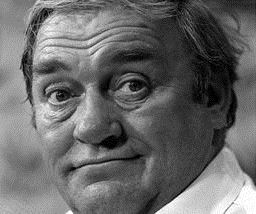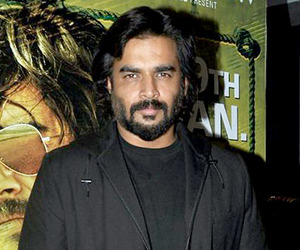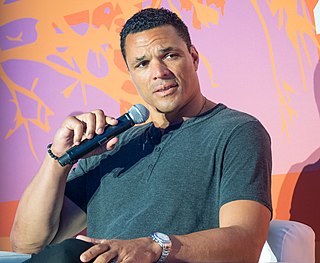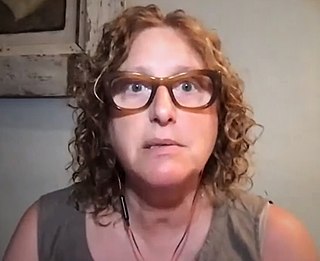A Quote by Bunker Roy
In 1965, I went to what was called the worst Bihar famine in India, and I saw starvation, death, people dying of hunger, for the first time. It changed my life. I came back home, told my mother, 'I'd like to live and work in a village.' Mother went into a coma.
Related Quotes
India was the motherland of our race, and Sanskrit the mother of Europe's languages: she was the mother of our philosophy; mother, through the Arabs, of much of our mathematics; mother, through the Buddha, of the ideals embodied in Christianity; mother, through the village community, of self-government and democracy. Mother India is in many ways the mother of us all.
Many people are very, very concerned with the children in India, with the children in Africa where quite a number die, maybe of malnutrition, of hunger and so on, but millions are dying deliberately by the will of the mother. And this is what is the greatest destroyer of peace today. Because if a mother can kill her own child - what is left for me to kill you and you kill me -- there is nothing between.
There was a television show called The Innocents of Hollywood. Brooke Shields is a friend of mine and she saw one of the introductions to it, and she called me and said, "I think you better check this out." And on this show they talked about parents who'd ripped off their kids. One of them said, "My mother stole $300,000 from me as a child." Well, my mother opened a bank account for me when I made $60 on my first day of work as an extra. She's that kind of mother. But god knows what people will say when this movie comes out.
Mother Teresa tells a story of walking past an open drain and catching a glimpse of something moving in it. She investigated and found a dying man whom she took back to a home where he could die in love and peace. 'I live like an animal in the streets,' the man told her. 'Now I will die like an angel'.


































